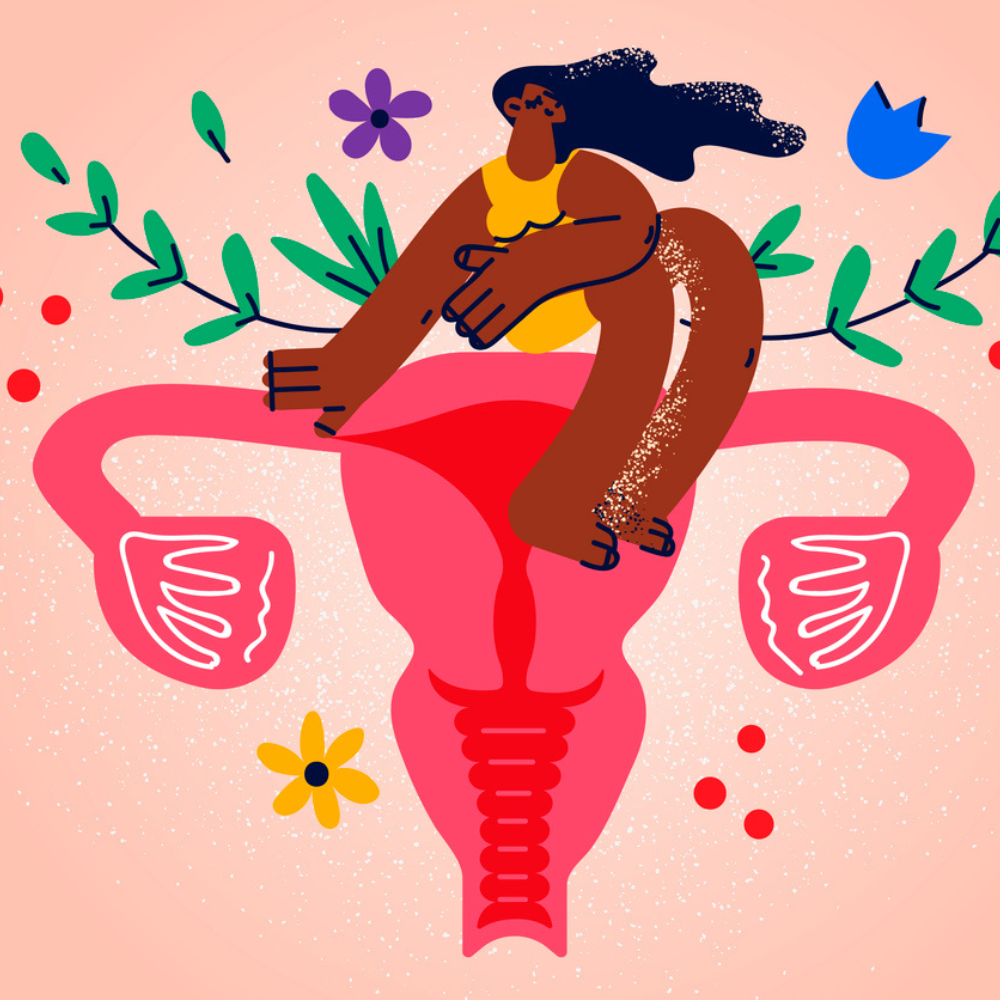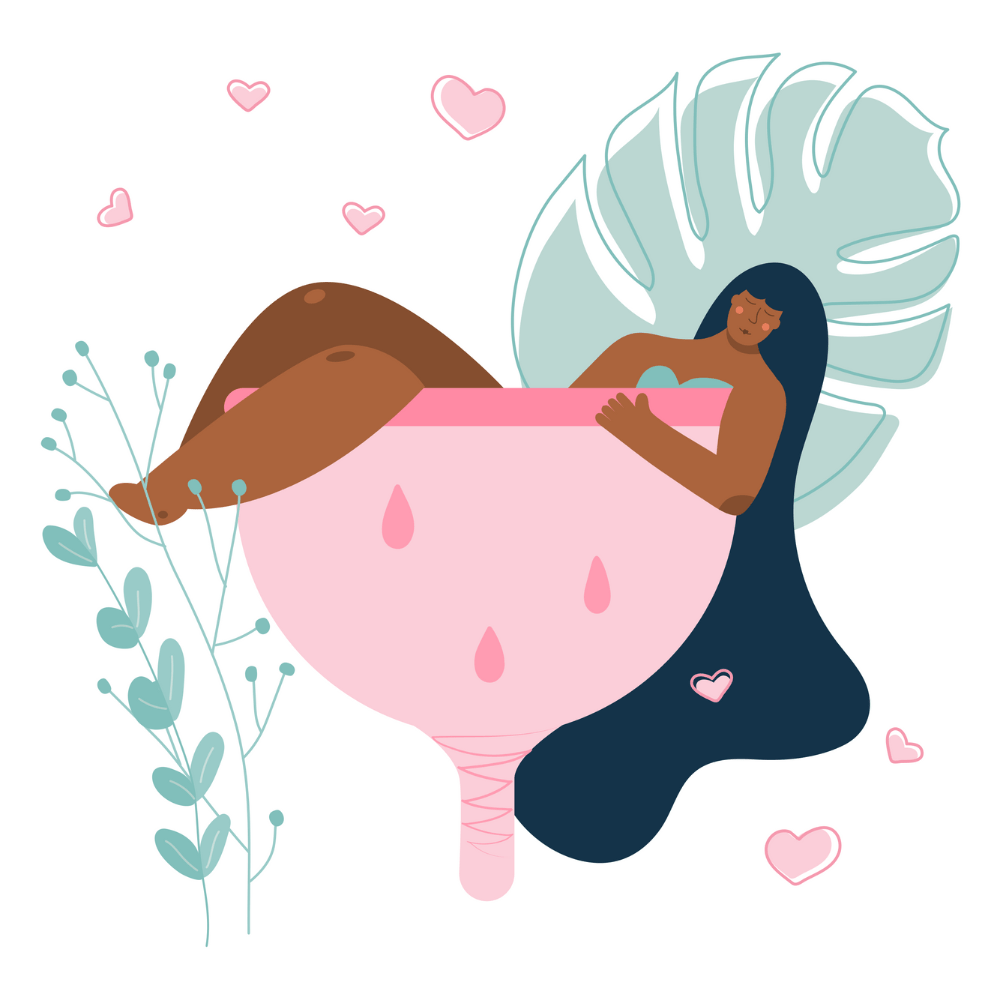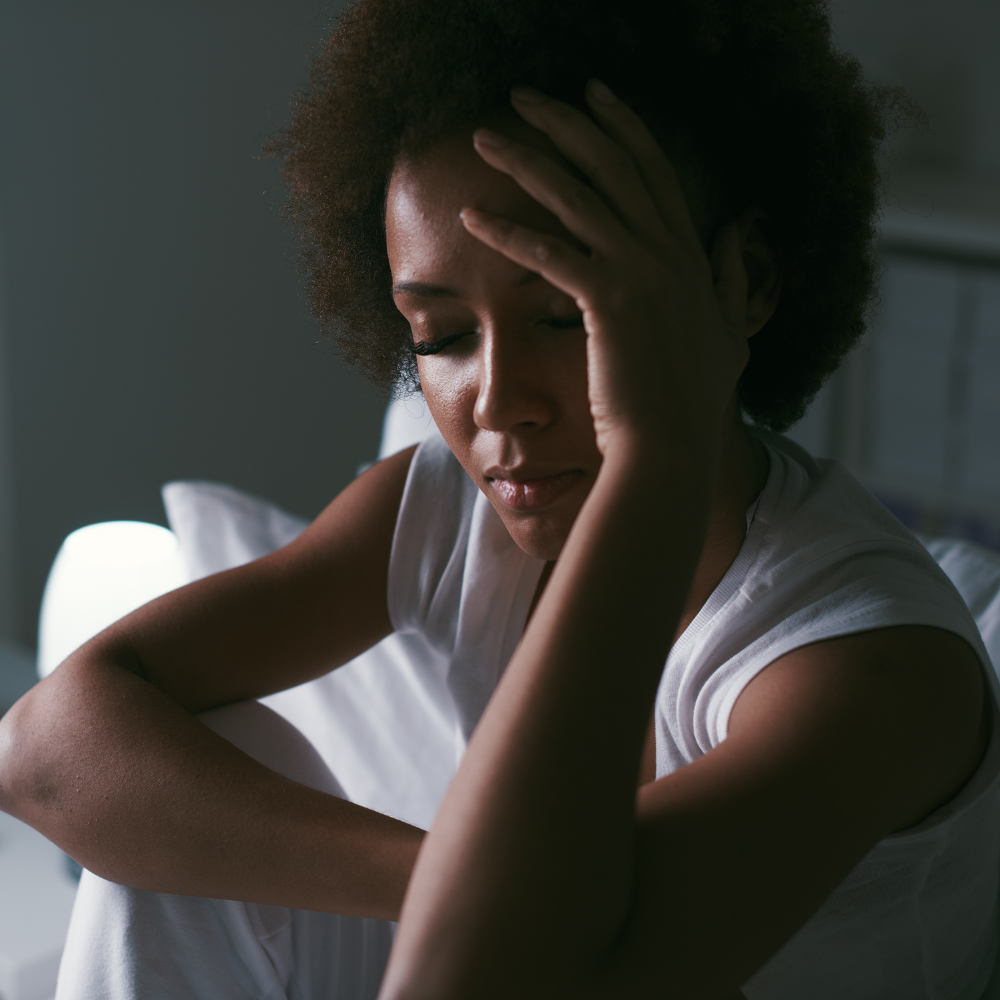
A creative writer with a voracious appetite for fashion, beauty,…
I
f you’re a woman, chances are you’ve experienced the emotional rollercoaster that comes with the luteal phase of your menstrual cycle. It’s that time when excess anxiety, mood swings, depression, cravings, and skin problems can make daily life feel like an uphill battle. Despite these prevailing challenges, the luteal phase remains an overlooked and under-discussed aspect of menstrual health, overshadowed by the focus on menstruation itself.
What is the Luteal Phase?
The luteal phase is the latter part of the menstrual cycle, occurring after ovulation and lasting until the start of the next period. During this phase, the ruptured ovarian follicle transforms into a structure called the corpus luteum, which produces progesterone and estrogen – the hormones responsible for the physical and emotional changes we experience.
When does this phase occur, and how long does it take?
The luteal phase typically begins around day 14 of the menstrual cycle, following ovulation. It lasts approximately 14 days, although the duration can vary slightly from woman to woman and from cycle to cycle. If fertilization does not occur, the corpus luteum degenerates, leading to a drop in hormone levels and the onset of menstruation.
What’s happening to my body during this phase?
During the luteal phase, your body undergoes a series of changes driven by fluctuating hormones. The elevated levels of progesterone and estrogen can cause diverse physical and emotional symptoms, including:
- Breast tenderness and swelling
- Bloating and water retention
- Mood swings and irritability
- Fatigue and lethargy
- Headaches and muscle cramps
- Food cravings, particularly for sweets and salty foods
- Acne and skin breakouts
- Changes in bowel habits and digestive discomfort
How to experience a distress-free Luteal Phase…
While the luteal phase can be challenging, several strategies can help alleviate the associated symptoms and promote overall well-being:
1. Engaging in physical activity can help reduce stress, improve mood, and alleviate bloating and water retention.
2. Consume a diet rich in whole foods, including fruits, vegetables, lean proteins, and healthy fats, to support hormone balance and reduce cravings.
3. Drinking plenty of water can help minimize bloating and water retention.
4. Incorporate relaxation techniques, such as yoga, meditation, or deep breathing exercises, to manage stress and anxiety.
5. Consult with a healthcare professional about potentially beneficial supplements, such as calcium, magnesium, vitamin B6, and omega-3 fatty acids.
6. Prioritize adequate sleep to support overall health and mood regulation.
7. Don’t hesitate to reach out to loved ones, support groups, or healthcare professionals for emotional support and guidance.
8. Practices like yoga, tai chi, or qigong can help reduce stress, improve mood, and promote overall well-being during the luteal phase.
9. Consuming too much salt and processed foods can contribute to bloating, water retention, and other uncomfortable symptoms during the luteal phase.
10. Eating more fiber-rich foods, such as fruits, vegetables, and whole grains, can help alleviate constipation and digestive discomfort.
11. Engaging in regular physical activity, even light exercise like walking or gentle stretching, can help improve mood, reduce fatigue, and alleviate cramps.
12. Applying a heating pad or hot water bottle to the lower abdomen or back can provide relief from menstrual cramps and muscle aches.
13. Certain essential oils, such as lavender, clary sage, or ylang-ylang, may help promote relaxation and reduce stress during the luteal phase.
14. Establishing a consistent sleep routine, creating a sleep-conducive environment, and avoiding stimulants close to bedtime can improve sleep quality and alleviate fatigue.
15. If you’re experiencing significant emotional distress or mood changes during the luteal phase, seeking support from a qualified mental health professional can be beneficial.
Featured image: Denis Novikov/iStock
For the latest in fashion, lifestyle, and culture, follow us on Instagram @StyleRave_
All rights reserved. This material, and other digital content on this website, may not be reproduced, published, broadcasted, cached, rewritten, or redistributed in whole or in part without prior express written permission from STYLE RAVE. Use of and/or registration on any portion of this site constitutes acceptance of our Terms & Conditions and Privacy Policy.
—Read also
A creative writer with a voracious appetite for fashion, beauty, lifestyle and culture. As one who's passionate about the advancement of the woman, creating content that inspire smart style and living, and positive lifestyle changes is a calling I take seriously. At Style Rave, we aim to inspire our readers by providing engaging content to not just entertain but to inform and empower you as you ASPIRE to become more stylish, live smarter and be healthier. Follow us on Instagram @StyleRave_ ♥







